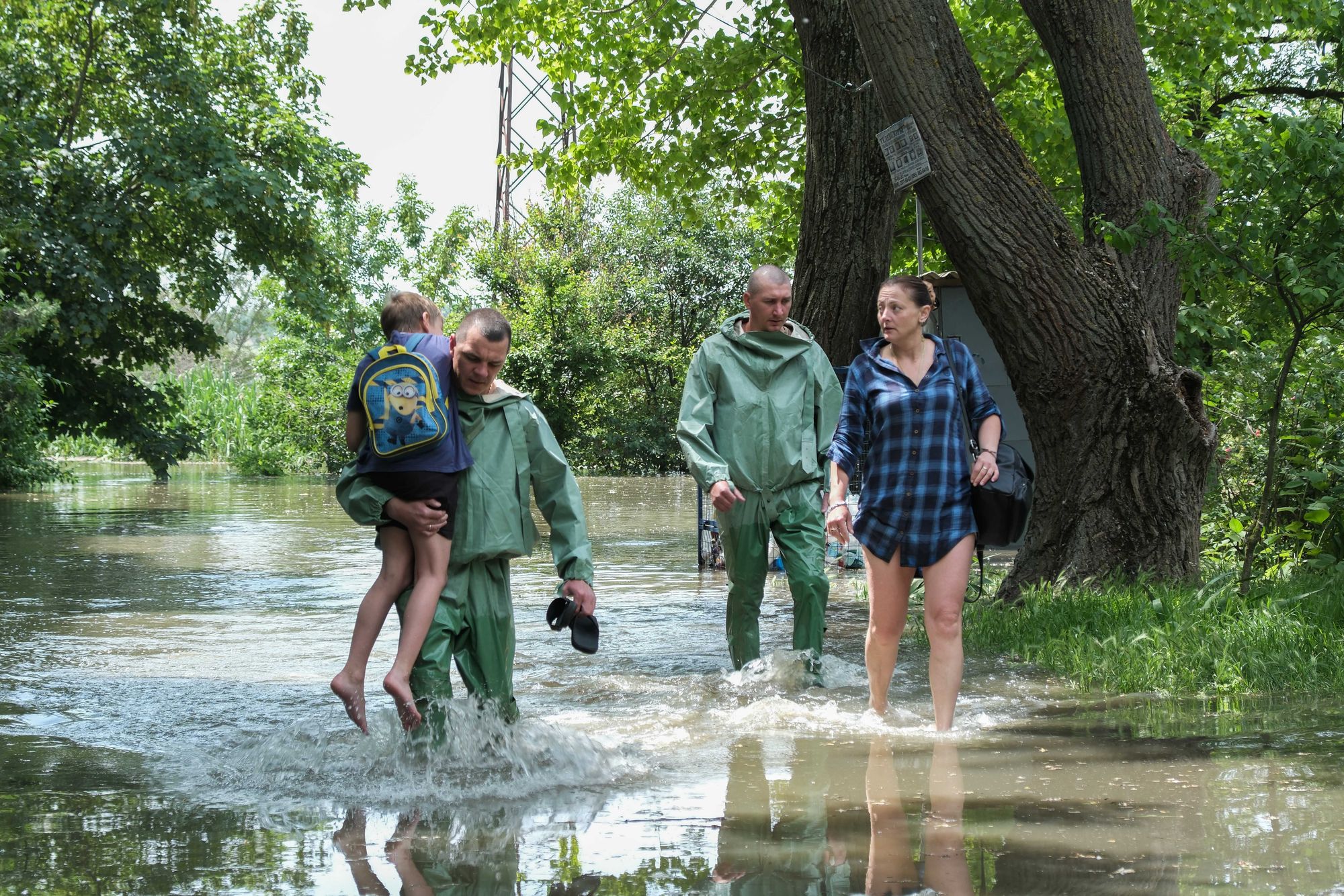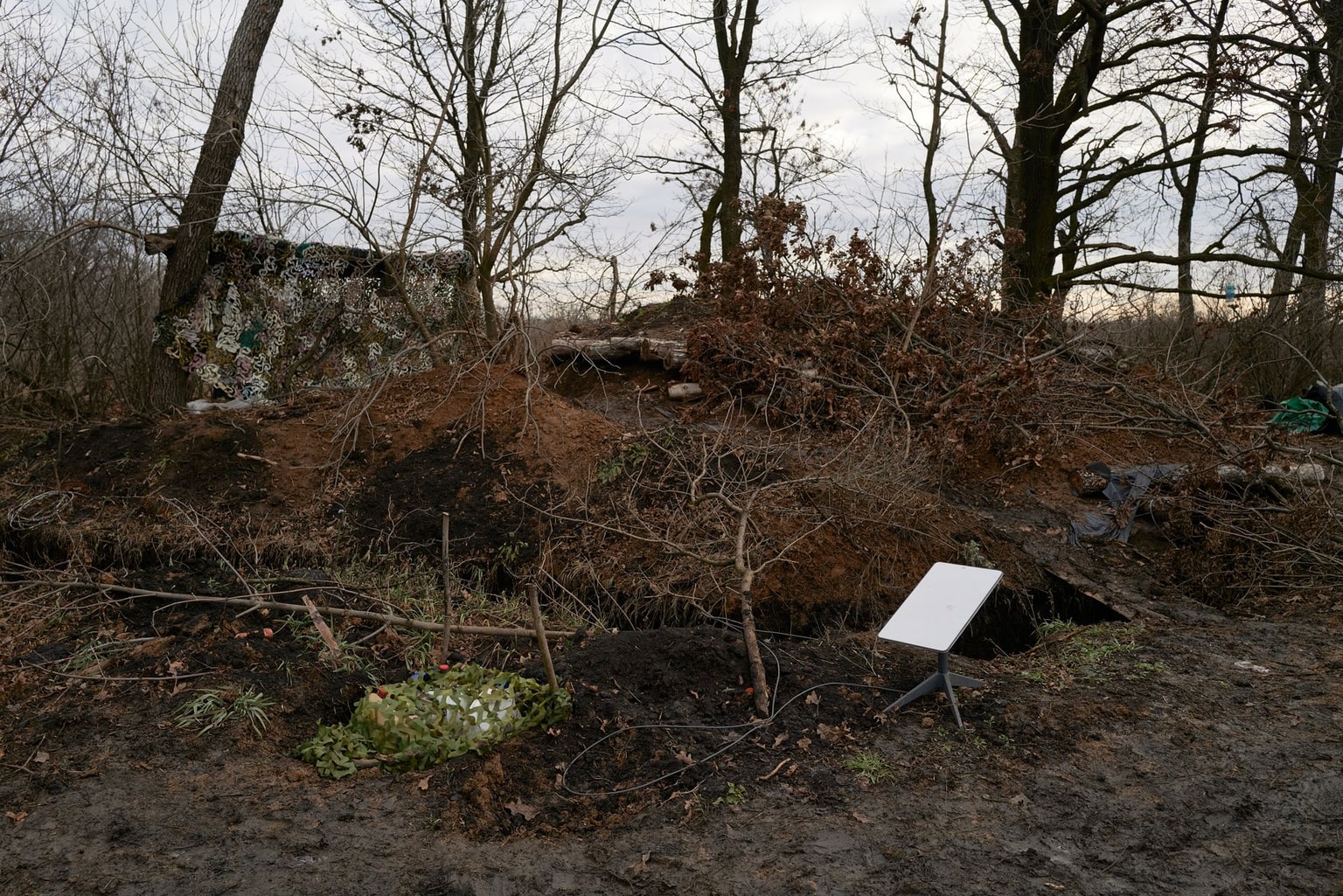UN: Russia denies humanitarian access to occupied parts of flooded Kherson Oblast

The United Nations (UN) informed on June 18 that Russia continues to block humanitarian aid delivery to the occupied parts of flooded Kherson Oblast.
"The Government of the Russian Federation has so far declined our request to access the areas under its temporary military control. The UN will continue to engage to seek the necessary access," the organization's press release said.
The UN and Ukraine's government agreed earlier in June that the former will facilitate humanitarian aid and evacuation efforts on the left bank of the Dnipro River, which is under temporary occupation by Russian forces.
The Russian government must provide safe passage and security guarantees to UN staff before the mission can proceed.
The collapse of the Kakhovka dam on June 6 triggered a large-scale humanitarian and environmental disaster, including massive flooding in Kherson Oblast. Ukraine's military said that Russia destroyed the dam to hinder Kyiv's counteroffensive.
The Russian occupation authorities have been accused of blocking evacuations and not providing humanitarian aid to residents of the occupied territories. Safe transport is reportedly provided only to holders of a Russian passport.












